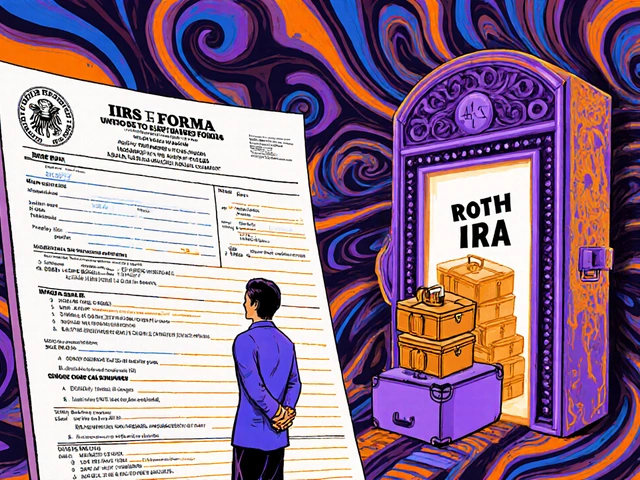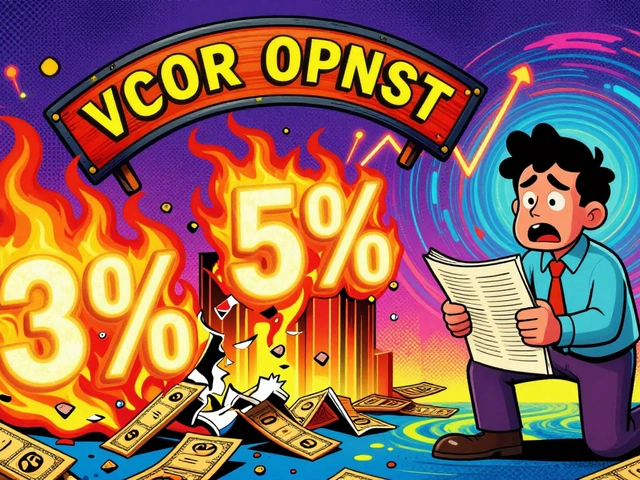Cybersecurity for Investors: Protect Your Money Online
When you invest online, your money is only as safe as the cybersecurity, the practices and technologies that protect digital systems from theft, damage, or disruption. Also known as digital security, it’s what keeps your brokerage app running when hackers try to crash it. Most people think cybersecurity means strong passwords and antivirus software. But for investors, it’s deeper than that. It’s about whether your trading platform stays up during market volatility, whether your personal data gets leaked, and if the tools you rely on can handle a sudden flood of fake traffic designed to knock them offline.
One of the biggest threats to financial apps is a DDoS protection, a system that detects and blocks massive waves of fake internet traffic aimed at overwhelming servers. Also known as distributed denial-of-service defense, it’s not optional for fintech platforms—it’s the difference between placing a trade and seeing a blank screen. Fintech companies face thousands of these attacks every year, and the most dangerous ones target Layer 7—the application layer where users actually interact with the app. These aren’t just annoyances; they cost millions in lost trades, damaged trust, and regulatory fines. If your investment platform doesn’t have real-time AI-driven detection, it’s playing Russian roulette with your money.
And it’s not just about keeping the app alive. fintech security, the specialized cybersecurity measures built for financial technology services, includes encryption, multi-factor authentication, and compliance with strict financial regulations. But even the best tools fail if the underlying infrastructure can’t handle pressure. That’s why the most reliable platforms don’t just react to attacks—they predict them. They monitor traffic patterns, isolate suspicious behavior before it escalates, and automatically scale resources to stay online. This isn’t marketing fluff. It’s what separates platforms you can trust from ones that vanish when you need them most.
You don’t need to be a tech expert to understand this. But you do need to know what to look for. When you pick a brokerage or trading app, ask: Does it have public documentation on its uptime record? Has it ever been taken down by an attack? Does it use AI to stop fraud in real time? These aren’t optional questions—they’re your first steps toward investing with your eyes wide open.
Below, you’ll find real-world breakdowns of how top platforms defend themselves, what to watch for when your app freezes during a market surge, and why the same tools that protect banks also keep your portfolio safe. No jargon. No hype. Just what works.





